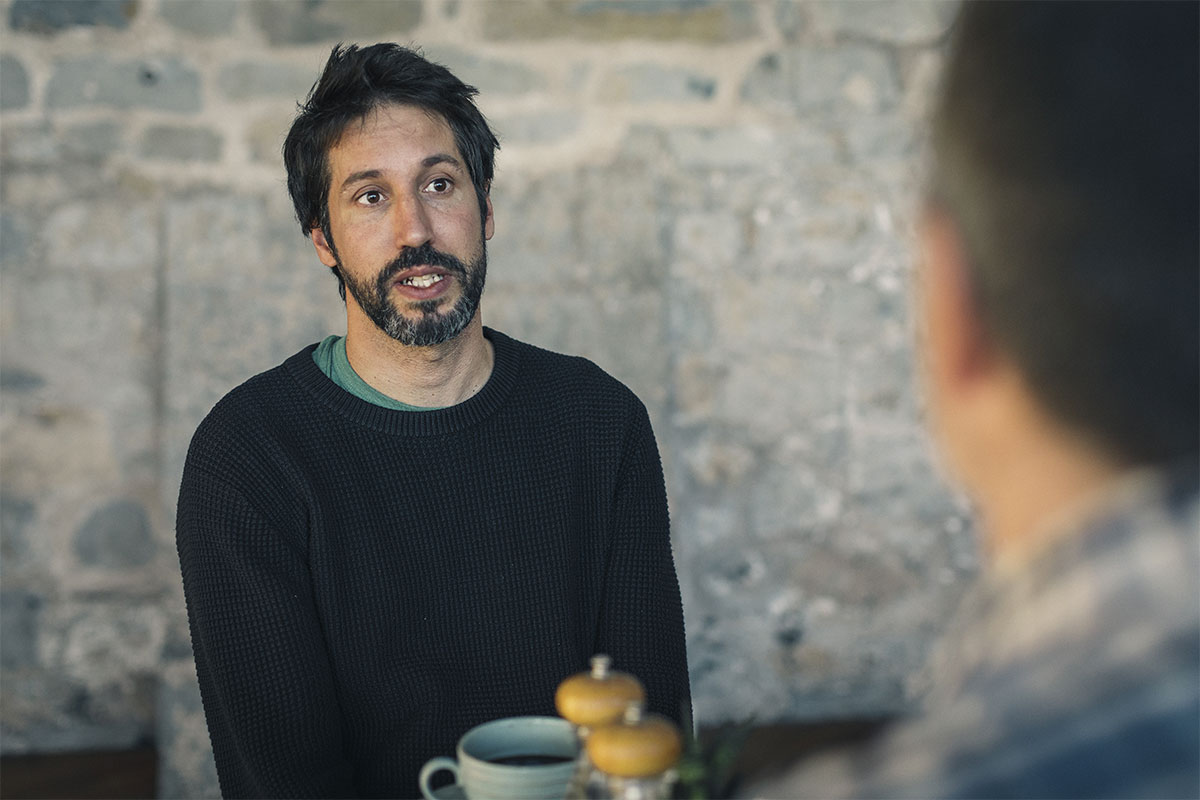Campaign
If It's Okay Campaign
The ‘If It’s Okay’ campaign aims to tackle the negative impact that shame has on those living with a mental illness in Wales and across the UK.
Find out more here
It is with a deep regret that we announce that Time to Change Wales, our national anti-stigma programme will come to an end on the 31 March 2025. This is due to not being able to secure continuation funding beyond this current phase. Since its inception in 2012, this programme has been instrumental in raising awareness, supporting individuals, and advocating for change in the way mental health is perceived and discussed across systems and society.
Over the years, we have had the privilege of working with incredible volunteers, partners and employers who have shared their stories, contributed their time, and championed the cause. Together, we have achieved so much from public awareness campaigns to reaching new audiences and challenging stigma in some of the most challenging spaces.
While this programme of work is drawing to a close, the commitment to tackle mental health stigma continues across both of our host organisations Adferiad and Mind Cymru. We encourage all those who have been a part of this journey to continue the conversation, support one another, and advocate for a stigma-free Wales, for all.
We extend our heartfelt thanks to everyone who has supported Time to Change Wales over the past decade and more - our Champions, Pledged Employers and partners, and the communities we have served. Also, a sincere thank you to our funders in Welsh Government for supporting and championing anti-stigma work in Wales.
For further support please contact the team on info@timetochangewales.org.uk or visit our Champion and Pledged Employer FAQ pages.
Keep in touch with our host organisations below:
Adferiad - Facebook, X (formerly Twitter), Instagram, LinkedIn
The ‘If It’s Okay’ campaign aims to tackle the negative impact that shame has on those living with a mental illness in Wales and across the UK.
Find out more hereWelcome to the Room to Talk Podcast – where every voice matters.
Listen to the episodes hereThe tireless efforts across workplaces, communities and services has contributed significantly to positive change within society in Wales.
Read moreIt's time we asked the question for men's mental health. It's time to change Wales. #TalkingIsALifeline
View campaignMental health problems might actually be more common than you think. One in four of us will be affected by mental illness in any year.
Find out moreIf you are experiencing mental health problems or need urgent support, there are lots of places you can go to for help.
Get help now